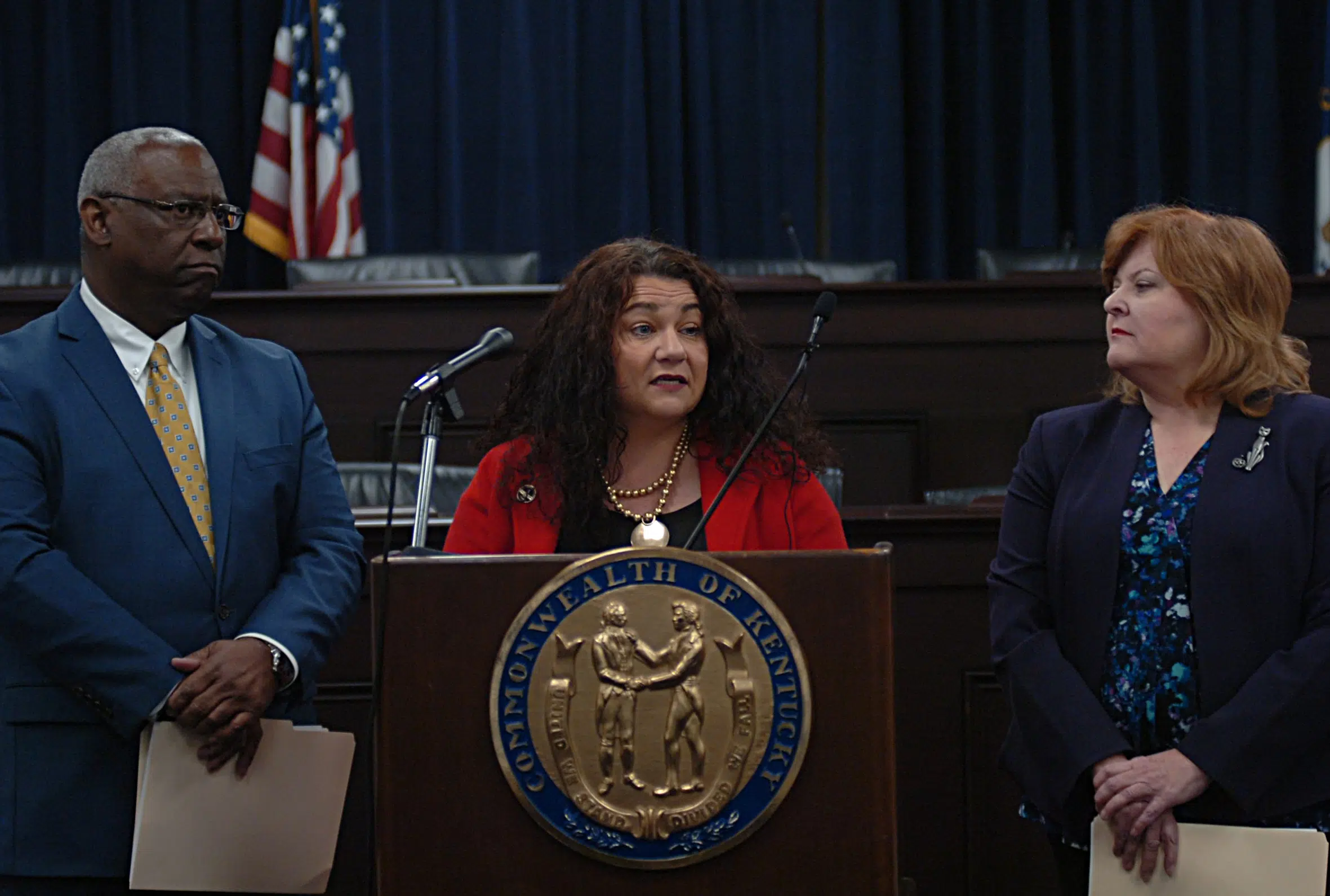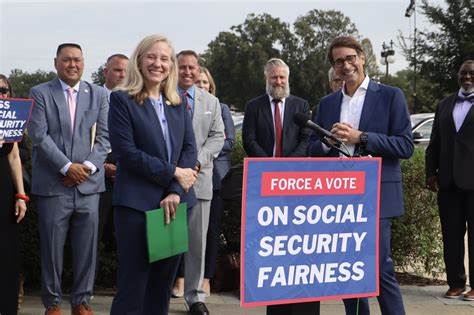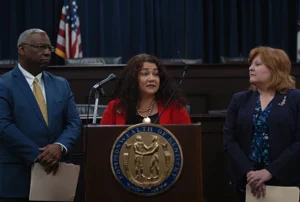The 2024 US presidential election is challenging the long-held belief that domestic issues alone determine election outcomes. With global conflicts escalating and international relations becoming increasingly complex, foreign policy has emerged as a potential deciding factor in this year’s tight race between former President Donald Trump and Vice President Kamala Harris.
The Shifting Landscape of Voter Priorities
Current Polling Data
Recent findings from the Pew Research Center reveal compelling statistics:
- 62% of voters consider foreign policy “very important”
- 70% of Trump supporters prioritize foreign policy
- 54% of Harris supporters rank it equal to Supreme Court appointments
- Foreign policy concerns now rival traditional domestic priorities
Historical Context vs. Present Reality
Traditional wisdom stemming from Bill Clinton’s 1992 campaign slogan “It’s the economy, stupid” is being tested as international crises multiply:
- Ongoing Russia-Ukraine conflict
- Escalating situation in Gaza
- Growing tensions with Iran
- Climate change concerns
- Immigration challenges
Why Foreign Policy Matters More Than Ever
Global Conflicts and American Interests
The United States finds itself increasingly involved in multiple international situations:
- Substantial financial commitment to Ukraine
- Diplomatic challenges in the Middle East
- Complex relationships with global powers
- International trade dependencies
- Cybersecurity threats
Voter Perception and Leadership
Modern presidential candidates face a delicate balancing act:
- Demonstrating strength without promising military engagement
- Addressing international crises while focusing on domestic concerns
- Managing public opinion on foreign interventions
- Projecting global leadership capabilities
Historical Precedents and Modern Parallels
Past Elections and Foreign Policy
The role of foreign policy in presidential elections has evolved:
- Cold War era: 30-60% of voters prioritized foreign policy
- Post-Cold War: Dropped to 5% priority
- Post-9/11: Influenced Bush’s 2004 re-election
- 2024: Returning to prominence
Current Campaign Dynamics
Trump’s Approach
- Emphasis on America First policies
- Focus on border security
- Stance on international agreements
- Position on global alliances
Harris’s Strategy
- International coalition building
- Diplomatic solutions emphasis
- Climate change initiatives
- Global partnership approach
Battleground State Impact
Key Considerations
Foreign policy could be decisive in swing states due to:
- Military community presence
- International trade impacts
- Immigration concerns
- Defense industry jobs
Voter Demographics
Different voter groups prioritize various aspects of foreign policy:
- Veterans and military families
- International business communities
- Immigrant populations
- Young voters concerned about global issues
The Middle East Factor
Current Situation
The Israel-Gaza conflict presents unique challenges:
- Growing domestic protests
- Campus activism
- Coalition politics
- Humanitarian concerns
Campaign Responses
Both candidates must navigate:
- Support for allies
- Humanitarian considerations
- Domestic opinion divisions
- International coalition management
Looking Forward
Election Implications
Foreign policy’s role in 2024 US Presidential Election could be unprecedented due to:
- Multiple active global conflicts
- Economic interconnections
- Security concerns
- Environmental challenges
Voter Considerations
Americans must weigh:
- Economic impacts of foreign policy
- National security implications
- International reputation
- Long-term global stability
2024 US Presidential Election
According to foreign policy experts and political analysts:
- Close races are particularly susceptible to foreign policy influence
- International crises can shift voter preferences
- Leadership perception matters significantly
- Global stability concerns affect domestic confidence
The 2024 presidential election marks a significant shift in how foreign policy influences American voting patterns. While domestic issues remain crucial, international affairs have become impossible to ignore. Voters must now consider both local and global implications of their choices, making this election a potential turning point in how Americans view the relationship between domestic and foreign policy.











